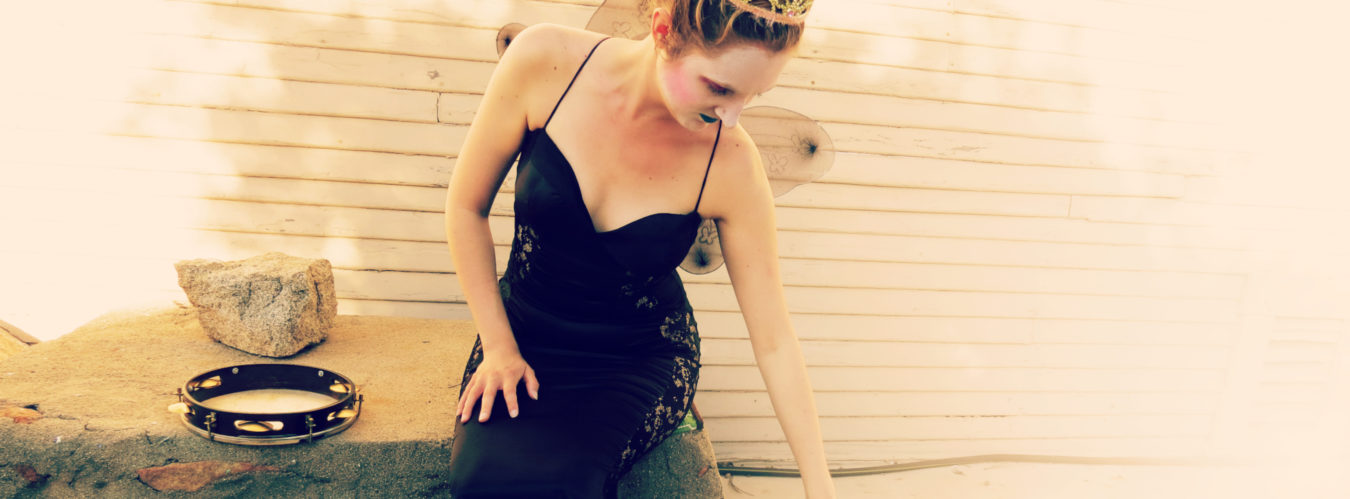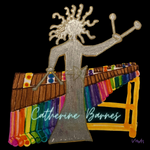Here is the transcription of my most recent video blog:
(And here’s the audio on AnchorFM)
Hey everybody – it’s Queen Mab, coming to you from space again, and today I would like to talk to you about grief. It’s a heavy topic, and it is one that has inserted itself into my life in a very big way this week. I learned that a friend of mine from middle school has passed away. We stayed friends throughout our adult lives, but that was where we first met. And you know, I’ll talk more about the specifics maybe another time, because she is a person that it would mean a lot to me to be able to post a little tribute to, because she was a hell of a musician and a hell of a person.
But I wanted to talk about just grief in general today, because I think this is something that a lot of people are struggling with right now, especially in the wake of the pandemic. And I find that American culture – and I’m gonna go out on a limb and say white American culture – doesn’t give us the best tools for navigating grief. And I find that it can really be a struggle to keep up with everything that I am expected to keep up with on a daily basis while I’m dealing with these feelings. And yet, it’s also very important to me not to burden anyone else with these feelings who is not experiencing them and to be responsible for myself and take care of myself. But again, it’s hard to know how to do that when I’m still expected to meet all of my marks.
So there are two resources that I’m thinking about. One is a quote by the author Elaine Castillo, who wrote a book called America is Not the Heart about the Filipino immigrant experience [I should probably say Filipina, because the main characters are all women], and her quote was, “Trauma is a landscape.” And I took that to mean that…okay, I’m not unique in the trauma that I’ve experienced, but I’m also not alone, and I think the same thing is true when it comes to grief. I know that I’m not alone feeling what I’m feeling for this person, because she was really a beloved figure in the community…and, it’s not just me, and I know I’m not getting the worst of it, because there are definitely those who were closer to her who are hurting a lot more.
The other resource that’s on my mind is there’s a book by Breeshia Wade called “Grieving While Black.” And it’s been a few months since I’ve read it, but she basically talks about the importance of white people attending to their grief, and that part of what white supremacy is is white people not properly dealing with their own grief. And that really resonated with me, because grief is definitely something that I struggle with. And during the time that I was in Ghana, and I saw what a funeral looks like there versus what funerals look like that I have been to, you know, among my family and friends, who are mostly white, it…it was really a stark contrast, you know, to hear the drums at a funeral and to see people dancing and to see something that was really a celebration of life…that is what I desire for this friend – to be able to send her off into the next world. And you know, maybe I get to do that, and maybe I don’t – in public at least – but I know that in private, I will definitely be making as much music as I can in her honor.
So if you have anything to say about grief and what you do to manage it – especially at this time when all of us are grieving in different ways, I’d really love to hear about it. And if you want to know about the stuff that I make, and the stuff that I do, you can visit queenmabmusic.com or you can follow me on all the social medias @queenmabmusic – except Twitter (@queenmabmusic1). Okay, thanks. I’ll see you next time.

